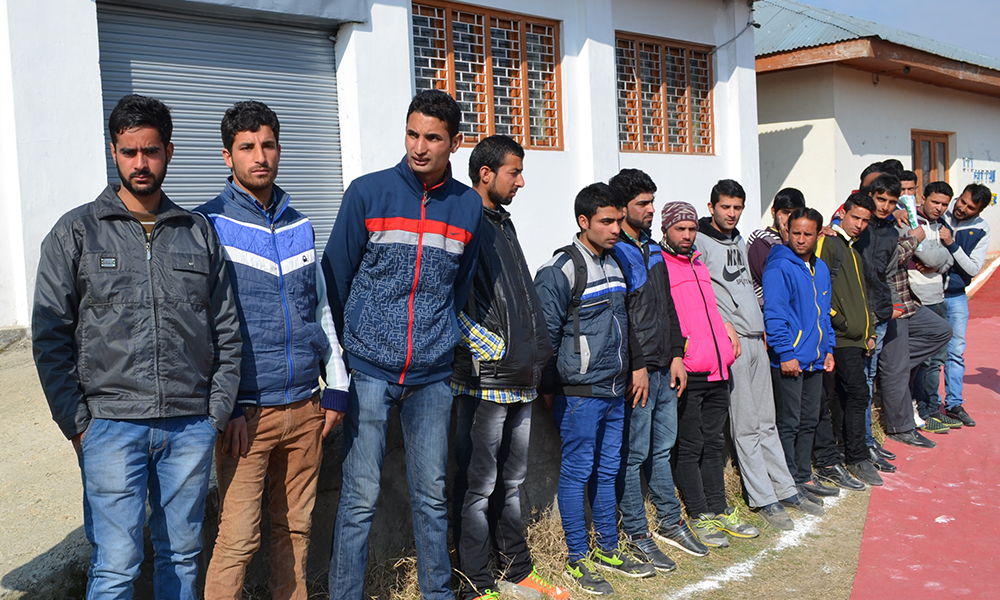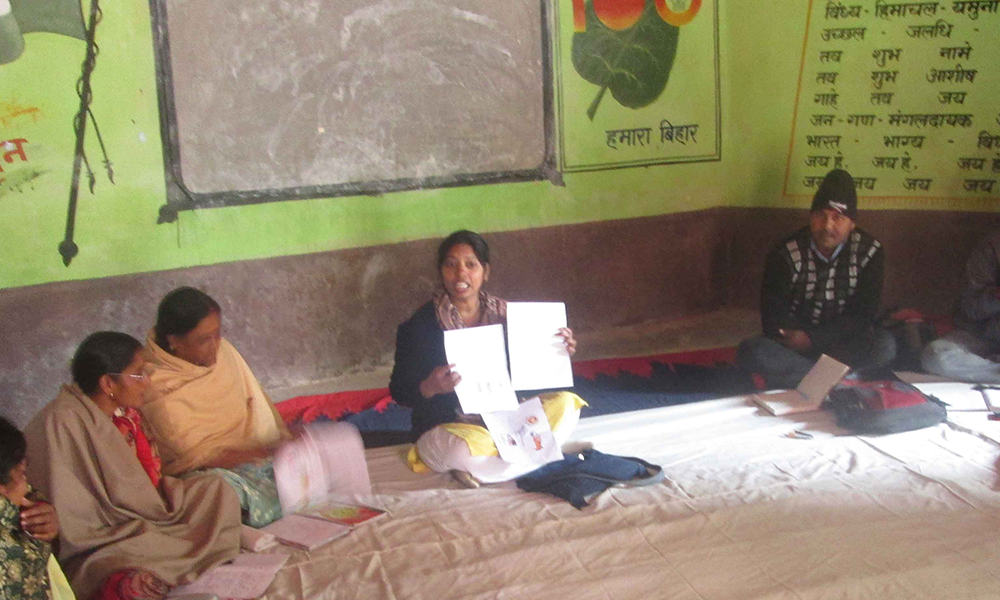Get Involved
AMAN Trust encourages support in various forms to enrich its role in the field of social welfare and development. We are open to contribution in different ways and ensure remaining transparent for our work and commitment. AMAN invites academicians, scholars, peace activists and members of civil society to share their work and experience.

Donate Now
AMAN’s generation of resources and their utilisation is completely transparent and accountable. Though most of our projects are funded by Indian and international donor agencies, our programme on relief and rehabilitation of earthquake victims was almost entirely funded by contributions made by individual donors.
You can donate for any specific programme or you can contribute to a general fund. Also, please have a look at the donations page for specific ways of helping. In either case, we will regularly update you the way your contribution has been utilised. Your contributions are exempted from income tax under section 80 G.

Volunteer
There are several ongoing programmes at AMAN where volunteers can offer their services.
These range from assisting AMAN colleagues in documentation, editing, secondary research at the AMAN office, to being part of primary research and field work being conducted in an urban or a rural area. The exact nature of work responsibilities and duration of volunteership will be decided mutually between AMAN and the volunteer. We will reimburse incidental expenses like travel board and lodge costs incurred by the volunteer during implementation of our work.
Over years, many interns and volunteers from various regions have been at AMAN to study our work and how it has affected real lives. Along the way, they have helped AMAN by providing interesting research findings, experiences and so forth. They have made a valuable contribution to different programmes of AMAN, both at the field level and at the AMAN office.


Share Ideas
We welcome you to suggest links to interesting organisations, movements, websites and articles that you would like us to list on our website. You can also disseminate reports, experiences and articles about similar initiatives taken by other organisations and individuals.
We would also appreciate your suggestions and feedbacks about the AMAN website and means to make it more user friendly. We will also be happy to advertise announcements like job vacancies, workshops and seminars by you or your organisation.

Sign up for Updates
We welcome you to suggest links to interesting organisations, movements, websites and articles that you would like us to list on our website. You can also disseminate reports, experiences and articles about similar initiatives taken by other organisations and individuals.
We would also appreciate your suggestions and feedbacks about the AMAN website and means to make it more user friendly. We will also be happy to advertise announcements like job vacancies, workshops and seminars by you or your organisation.




